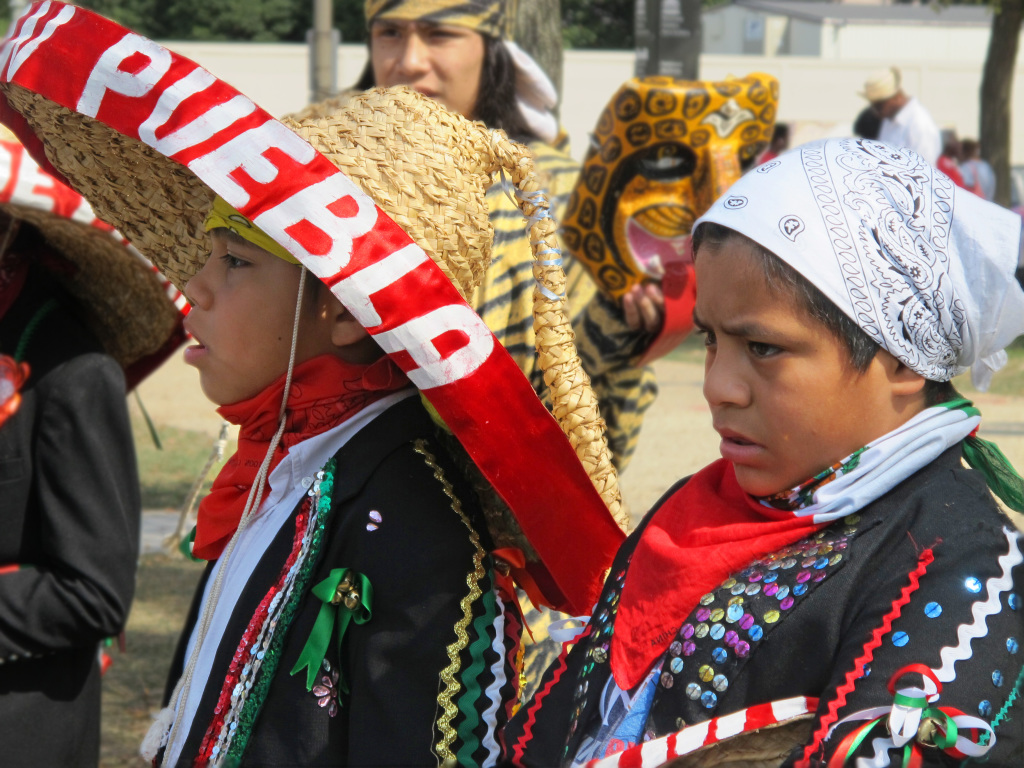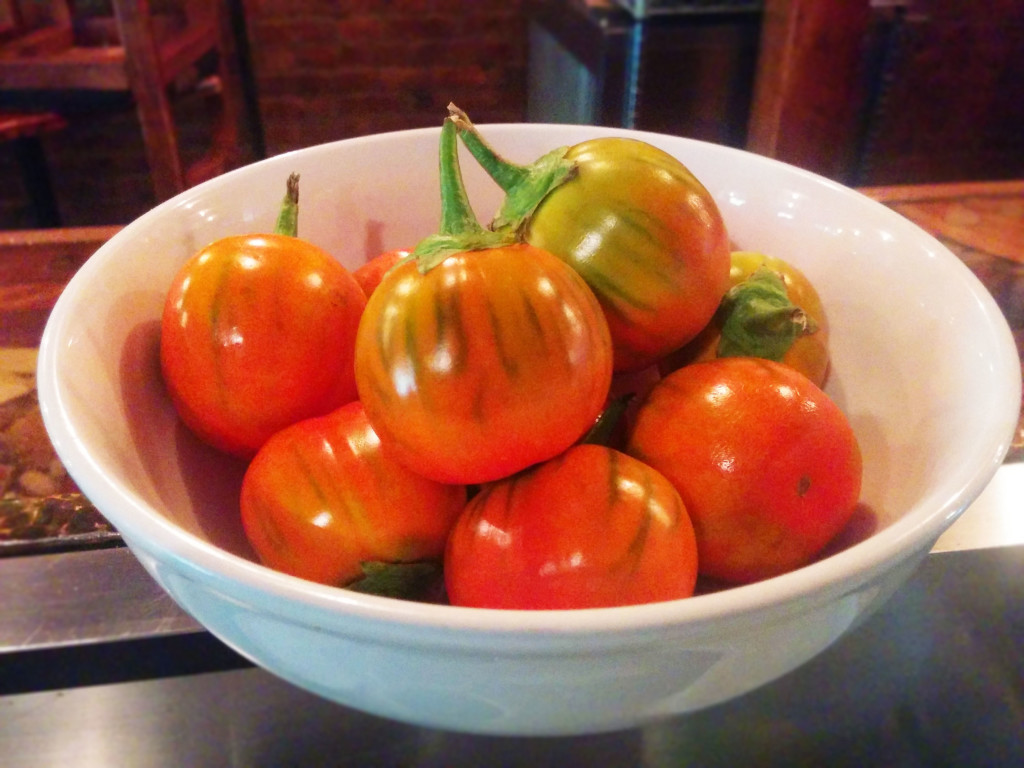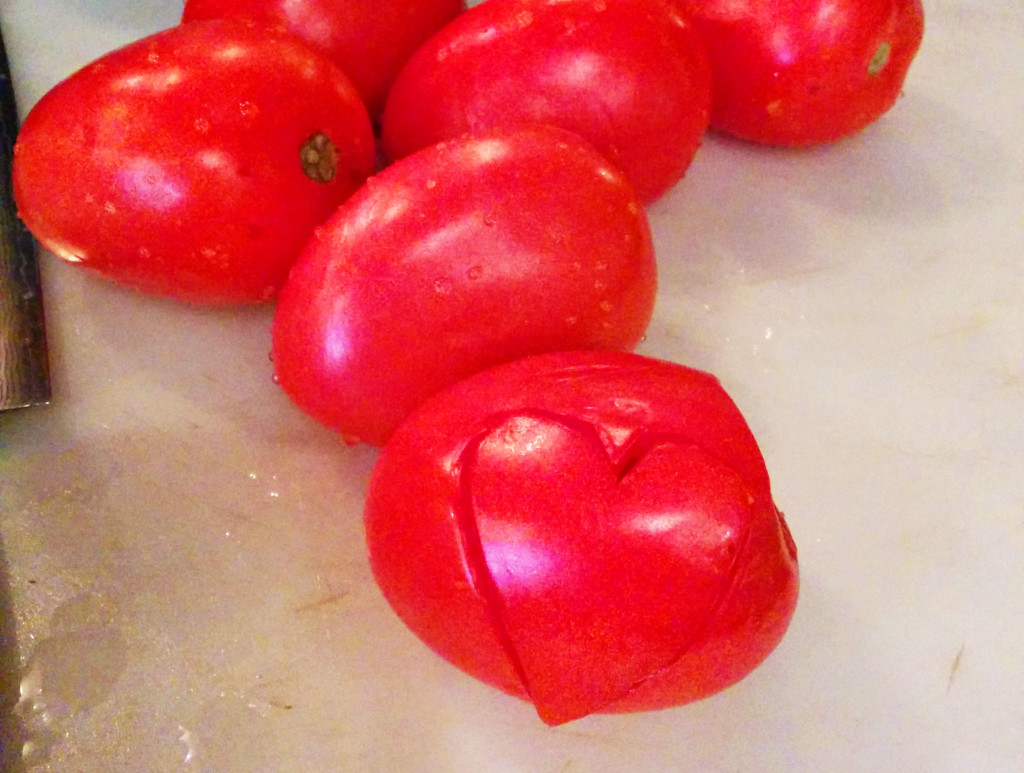
Like many restaurants, my kitchen was staffed largely by cooks/runners/dishwashers of Latin American origin, particularly Mexicans from the state of Puebla. This made sense, given that we were cooking Latin-influenced food, but you’ll find Mexican cooks everywhere in New York, from diners to Chinese restaurants to fine dining.
There are many great cultural exchanges to be had from hanging out with Latino cooks, from hearing the latest reggaeton to learning the true meaning of Cinco de Mayo. (Turns out it’s not just about cheap margaritas.) But as you while away hours peeling yucca in the slow afternoon, sometimes the conversation takes a turn for the serious. You ponder aloud: what you’re doing with your life, what your dreams are, who you love, where it all went wrong. You share your hopes for your family, your fears that you’re not good enough, your ambitions to go to college. You tell your life story, how you came to the US and found your footing here. You do all this while crammed into a closet-sized space, with tweezers in one hand and a fish fillet in the other. This is the trench.
For those of us who aren’t first generation immigrants, it’s easy to forget that this country is built on immigrants and a dream for a better life. For those of us who can afford to go to culinary school, who have a college degree, have no family members in the military, live near a Whole Foods and have never been arrested, it’s a cold bucket of water to remember that we are part of the privileged class, even if we think we’re not.
Here’s a couple of the stories I heard:
S: I came with my dad when I was 13. Why? I don’t know, it just seemed like the thing to do, I wasn’t doing much else at home. I’ve been living and working in NYC for 9 years now. I’ve been a busboy, runner, dishwasher, oyster shucker, and now I’ve been working here for one year. Started off doing dishes here, then moved to the cold station, and now I’m on flat top and grill.
My dad died 3 years ago, and I spent $12k on his funeral. It wiped out all of my savings. I want to go to school, get a college degree, but I don’t know how or where to get the money.
What do you want to accomplish before you die?
Well, I would really like to take care of my mother, make sure she is comfortable. That’s the first thing I want to do. Secondly, I want to take care of my girlfriend, because I know she loves me a lot. Then maybe after that, my sister. But she has her own family, and she’s ok I think, she doesn’t need me. So really, I want to take care of my mother, that’s my #1 goal.
Continue reading Tales from a Mexican Line Cook


